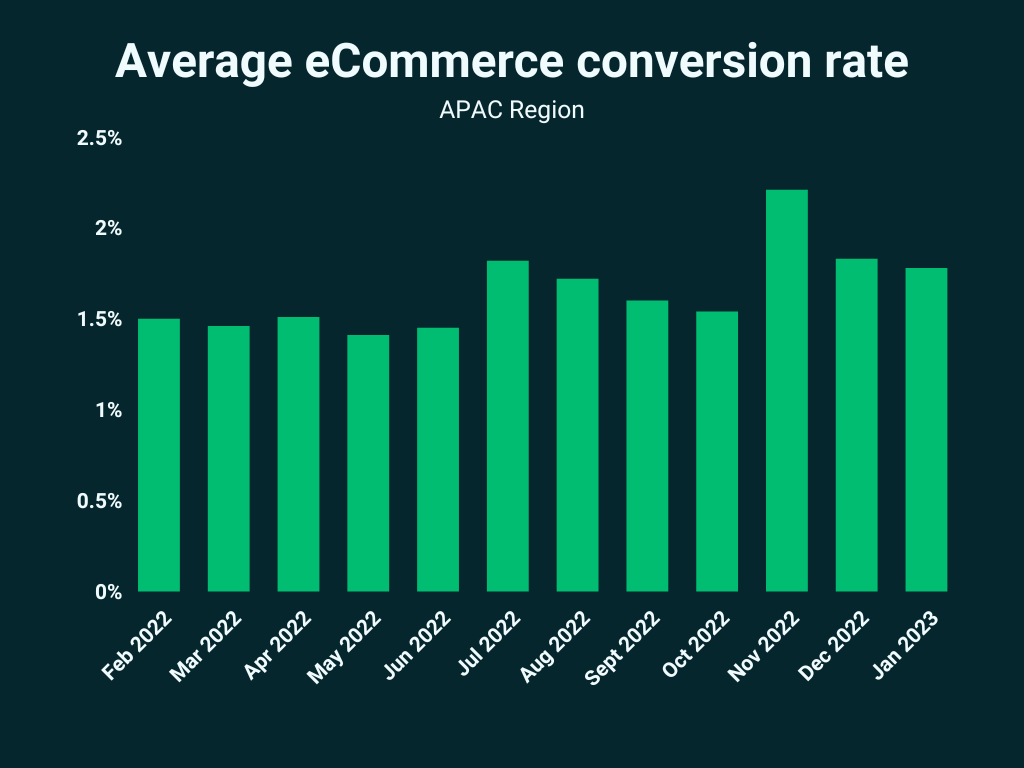How AVL Technologies are Empowering Advent Health to Drive Innovation and Improve Patient Care
Healthcare is undergoing a major transformation, driven by the integration of advanced technologies AVL that aim to enhance patient outcomes, streamline operations, and improve overall efficiency. Among the technologies leading this revolution is Technologies, which has introduced cutting-edge solutions that enhance healthcare delivery through the use of data analytics, artificial intelligence (AI), and automation. These innovations are not just reshaping how hospitals function, but they are improving the quality of care, reducing errors, and personalizing treatment plans for patients across the globe.
Advent Health, one of the largest health systems in the United States, has leveraged AVL Technologies to optimize its operations, enhance diagnostic capabilities, and create a more efficient, patient-centric model of care. AVL Technologies have proven to be instrumental in helping Advent Health embrace a forward-thinking approach, where technology and data-driven insights are used to inform clinical decisions, optimize hospital workflows, and improve patient engagement.
In this article, we will explore the profound impact that AVL Technologies have had on Advent Health’s ability to innovate and improve care delivery. Through examples, case studies, and insights into how these technologies are implemented, we will illustrate how AVL Technologies are helping Advent Health provide better, more efficient healthcare to its patients.
What Are AVL Technologies?
Before we dive deeper into the application of AVL Technologies, it’s essential to understand what these technologies are and how they function. AVL Technologies is a division of AVL, a global leader in the automotive and energy sectors, which has extended its expertise into the healthcare industry. AVL Technologies offers advanced solutions centered around data integration, predictive analytics, machine learning, and automation. These technologies are designed to address the complex challenges healthcare organizations face, such as improving diagnostic accuracy, optimizing workflows, reducing costs, and providing more personalized patient care.
Specifically, AVL Technologies focuses on leveraging AI to interpret vast datasets, automating repetitive tasks to reduce clinician burnout, and offering real-time data integration tools to ensure healthcare providers have a comprehensive view of patient health. Through these innovations, AVL Technologies are empowering organizations like Advent Health to improve clinical decision-making, reduce human error, and achieve better patient outcomes.
The Role of AVL Technologies at Advent Health
Advent Health operates an extensive network of hospitals, outpatient services, and wellness centers across the U.S. It is a health system deeply committed to offering high-quality care while maintaining operational efficiency. This is where AVL Technologies come into play. By leveraging AVL’s suite of solutions, Advent Health has been able to optimize its operational and clinical processes in meaningful ways, improving patient care and reducing costs.
1. Enhanced Diagnostic Capabilities
Advancements in diagnostic capabilities are at the core of how AVL Technologies are transforming healthcare. The ability to diagnose a condition early often leads to more effective treatments and better patient outcomes. AVL Technologies have equipped Advent Health with state-of-the-art diagnostic tools that use AI to analyze complex datasets, including medical imaging, lab results, and genetic data.
One of the primary ways AVL Technologies support diagnostic accuracy is through advanced imaging systems. Using AI-driven algorithms, AVL helps Advent Health enhance the quality of medical images, such as MRIs, CT scans, and X-rays. AI models can detect abnormalities in imaging data that might be overlooked by the human eye, helping radiologists to identify diseases like cancer, cardiovascular conditions, and neurological disorders in their earliest stages.
For instance, in oncology, AVL Technologies have enabled Advent Health to implement AI algorithms that analyze medical images for signs of tumors. This significantly reduces the time it takes for physicians to diagnose cancer and allows for earlier intervention, which is critical in improving survival rates. AI-powered diagnostics are not limited to oncology; they also play a critical role in detecting cardiovascular conditions, identifying lung diseases, and providing insights into neurological disorders, such as Alzheimer’s and Parkinson’s disease.
In addition to imaging, AVL’s AI-powered diagnostic solutions enable Advent Health to integrate data from various sources. By aggregating patient data from different systems, including electronic health records (EHRs), laboratory results, and medical devices, AVL’s algorithms can create a more holistic view of the patient’s condition. These insights help clinicians make more accurate decisions, improving diagnostic accuracy and the speed with which they can treat patients.
2. Data Integration and Interoperability
Data integration and interoperability have been two major challenges in healthcare for decades. With patient data often siloed across multiple systems, healthcare providers have found it difficult to get a complete view of a patient’s health history. However, AVL Technologies are helping to solve this issue by offering innovative tools for data integration and ensuring seamless interoperability between various healthcare systems.
Advent Health uses AVL’s data platforms to integrate disparate data sources and systems, allowing clinicians to access a unified, real-time view of patient information. This integration allows healthcare professionals to provide better care by ensuring that all relevant patient data is available when and where it is needed, regardless of which department or facility the patient visits.
For example, AVL’s data integration solutions allow Advent Health to consolidate patient data from electronic health records, imaging systems, laboratory tests, and even wearables. When this data is integrated into a centralized platform, healthcare providers can make better-informed decisions. Data from a patient’s smartwatch, such as heart rate variability or sleep patterns, can be integrated with their clinical data to provide a more holistic view of their health, potentially predicting conditions like hypertension or diabetes before they become critical.
This level of integration is particularly valuable in the case of patients with complex, chronic conditions, as it allows Advent Health’s clinicians to develop personalized care plans and make real-time adjustments based on comprehensive, up-to-date information.
3. Predictive Analytics for Improved Patient Outcomes
Predictive analytics is one of the most powerful tools that AVL Technologies bring to Advent Health. By using advanced algorithms to analyze historical data and real-time information, predictive analytics can forecast potential health risks and guide healthcare providers toward proactive interventions.
Predictive analytics are particularly valuable in identifying patients at risk for developing serious complications. For example, by analyzing trends in vital signs, lab results, and patient history, AVL’s predictive models can identify early warning signs of sepsis, heart failure, or respiratory distress—conditions that require immediate attention.
One of the key ways Advent Health uses AVL’s predictive analytics is to prevent hospital readmissions. Research has shown that patients who are readmitted within 30 days of discharge are at a higher risk of complications and increased healthcare costs. AVL Technologies help Advent Health predict which patients are most likely to be readmitted based on various risk factors, such as underlying chronic conditions, medication adherence, and social determinants of health (e.g., access to transportation or a support system). With this information, healthcare providers can take preventive measures, such as offering additional follow-up care, adjusting discharge instructions, or connecting patients with community resources to ensure they remain healthy after leaving the hospital.
Furthermore, predictive analytics are improving resource management at Advent Health. Predictive tools can forecast patient flow, predicting which departments will see an increase in patient volume based on historical data, weather patterns, and even external factors like flu season. This helps Advent Health optimize staffing, manage bed capacity, and ensure that resources are appropriately allocated during peak times, which ultimately enhances the quality of care and reduces wait times.
4. Enhanced Patient Engagement and Experience
Patient engagement has become a major priority for healthcare organizations, as research shows that patients who are more engaged in their healthcare tend to have better outcomes. AVL Technologies have played an integral role in enhancing the patient experience at Advent Health by offering solutions that improve patient interaction, communication, and involvement in their care.
Advent Health leverages AVL’s telemedicine solutions to expand access to healthcare services, particularly for patients in rural or underserved areas. Telemedicine, which allows patients to have virtual consultations with their physicians via secure video calls, has become a critical tool in improving access to care. AVL’s telemedicine technology ensures that these consultations are not only convenient but also secure and reliable. Patients can receive timely care without needing to travel long distances, which is especially valuable for those with chronic conditions who require regular check-ins.
In addition to telemedicine, AVL Technologies power Advent Health’s patient portals and mobile apps, allowing patients to access their health information, schedule appointments, and communicate with their healthcare providers. These platforms help patients stay informed about their conditions and treatment plans, empowering them to make more educated decisions about their care.
Another key feature of AVL Technologies in patient engagement is the use of automated reminders and notifications. For example, Advent Health utilizes AVL’s AI-driven tools to send automated reminders about medication refills, follow-up appointments, and preventive screenings. These reminders keep patients on track with their care plan and improve adherence to treatment regimens, leading to better health outcomes and fewer missed appointments.
5. Operational Efficiency and Cost Savings
Operational efficiency is another area where AVL Technologies are making a significant impact. With rising healthcare costs, hospitals and health systems are under constant pressure to optimize their operations while maintaining the highest levels of patient care. AVL’s automation tools and data analytics help Advent Health streamline many of its internal processes, leading to cost savings and better resource allocation.
For example, AVL’s predictive analytics and automation tools can help Advent Health optimize its staffing levels. By analyzing data on patient volume, patient acuity (severity of illness), and historical trends, AVL’s algorithms can predict staffing needs and adjust schedules accordingly. This ensures that Advent Health has the right number of staff on hand at all times, preventing overstaffing during slow periods and understaffing during busy times.
Additionally, AVL’s automation tools can reduce administrative overhead by streamlining tasks such as patient intake, billing, and insurance verification. Automation of these processes not only saves time but also reduces the potential for human error, making operations more efficient and cost-effective.
The Future of AVL Technologies at Advent Health
Looking to the future, AVL Technologies are poised to continue driving innovation in healthcare. As technology continues to advance, Advent Health will likely benefit from even more powerful AI models, more precise predictive analytics, and even better integration of patient data. Here are some of the trends and advancements to expect:
1. Personalized Medicine
As the healthcare landscape shifts toward more personalized care, AVL Technologies will play a central role. Personalized medicine, which tailors treatments to individual patients based on their genetics, lifestyle, and health history, is set to revolutionize the way Advent Health delivers care. By integrating genomic data with clinical data, AVL’s AI algorithms will help clinicians develop customized treatment plans that are specifically designed for each patient’s unique needs.
2. Real-Time Monitoring and Wearable Devices
With the rise of wearable devices, AVL Technologies will continue to play a critical role in real-time monitoring of patients. Advent Health is already using wearables to track vitals such as heart rate, blood pressure, and oxygen levels. In the future, these devices will provide even more detailed insights into a patient’s condition, helping Advent Health to anticipate health issues before they become critical. This continuous stream of data will enable more proactive, preventative care.
3. AI-Driven Decision Support Systems
As AI continues to evolve, decision support systems will become even more advanced. AVL Technologies will help Advent Health integrate AI into every aspect of patient care, from clinical decision-making to operational management. These AI systems will not only provide real-time insights based on patient data but will also recommend evidence-based treatment options, predict potential outcomes, and help clinicians make faster, more informed decisions.
4. Enhanced Data Security and Privacy
With increasing amounts of patient data being collected, ensuring the privacy and security of this information will remain a priority for Advent Health. AVL Technologies are committed to helping healthcare organizations comply with data privacy regulations such as HIPAA while maintaining high standards of cybersecurity. The future will see even more sophisticated security measures, including blockchain technology and AI-based security systems, to protect patient data.for more posts read this networksights.com














Leave a Reply